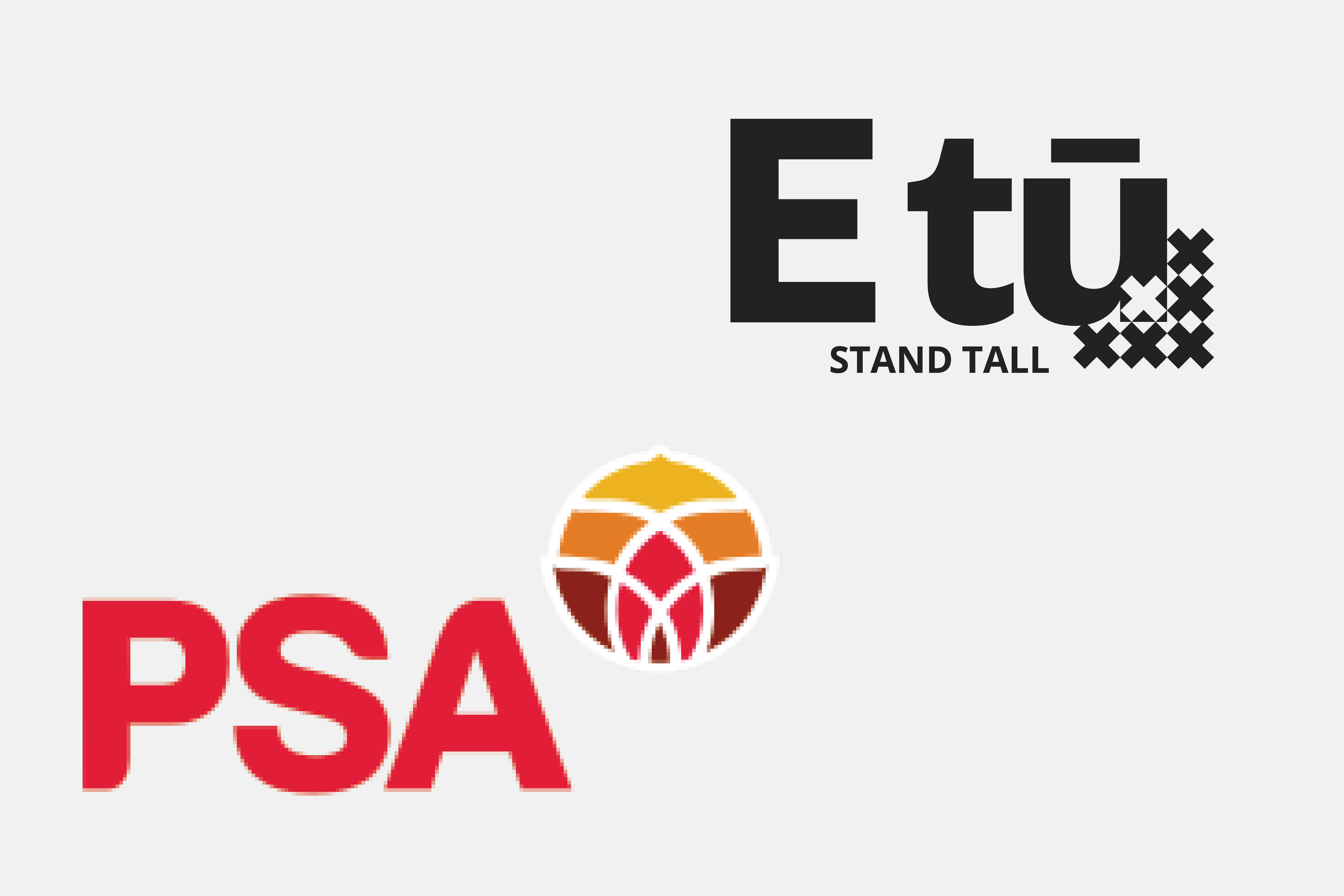
OUR WORK MATTERS: Access Community health coordinators,
contact centre workers and administrators to take industrial action
Workers who
co-ordinate the home support of over 20,000 aged, injured and disabled people
across New Zealand have voted to take industrial action in total frustration at
their employer’s refusal to raise their wages.
Despite playing a vital role in the care and support of around 3.8 million visits including scheduling visits and matching support workers to vulnerable clients, many of these workers are paid at the minimum wage.
“The
employer’s latest offer was rejected unanimously at meetings around the
country, with 100% of voters in support of industrial action and 100% rejection
of the employer’s offer”, said their unions, PSA and E tū – the Home Support
unions for New Zealand.
“We are
really being stretched thin. Understaffing means we’re working longer and
longer hours, in a job where more and more people need support out there in the
community and in their homes. We are dedicated to our jobs and our clients, but
we cannot continue under the current conditions – something has to change, and
soon” says care coordinator, Kirsty Rowe.
“Industrial
action is a last resort for these workers, but they believe it is also
necessary to ensure that quality of care is maintained for their clients,” says
Melissa Woolley, PSA assistant national secretary.
“Access
says they can’t raise wages because of a lack of funding. But this is a
business owned by Green Cross Health, the group behind Unichem and Life
Pharmacy, which reported a net profit of $8million in the six months to
September 2018,” Ms Woolley says.
“Access is
a major home support provider, delivering around 20% of all home and community
support in New Zealand, but it hasn’t increased wages for coordinators in the
same way that competitors have.”
“Support
workers received a significant pay boost from the 2017 care and support pay
equity settlement. But coordinators, admin, and contact centre workers have
been left behind – and now earn less than the support workers they are
responsible for coordinating,” says E tū Home Support coordinator Kirsty
McCully.
“These
workers are the glue that hold Home Support together in New Zealand. Their work
matters, and they deserve to be respected and paid properly for the
contribution they make,” Ms McCully says.
The PSA and
E tū have agreed to urgent mediation with Access, but members are preparing to
take unprecedented strike action for the week of the 13th unless
mediations sees a significantly improved offer from the employer.
Key company
info:
Access Community Health is a
subsidiary business of Green Cross Health Limiting, a primary health care
services company listed on the New Zealand Stock Exchange. As of March 2019,
the group had a market capitalisation of $143 million.
Green Cross operates across three
segments:
- Pharmacies: 362 pharmacies under its Unichem
and Life Pharmacy brands
- Medical: 41 medical centres under the doctors brand
- Community: home support services to 21,400
clients through Access Community Health, with 3.8 million home visits in 2018,
employing 3,500 support workers and 166 community nurses.[1]
Net profit attributable to shareholders increased from $16.9 million in 2017 to
$18.7 million in 2018, and the company issued more shares and paid more in
dividends to its shareholders. [2]
[1] https://www.greencrosshealth.co.nz/investors/GXH_Mar19%20Investor_Update_Presentation.pdf?a=get&i=132
[2] http://nzx-prod-s7fsd7f98s.s3-website-ap-southeast-2.amazonaws.com/attachments/GXH/320080/281885.pdf



























